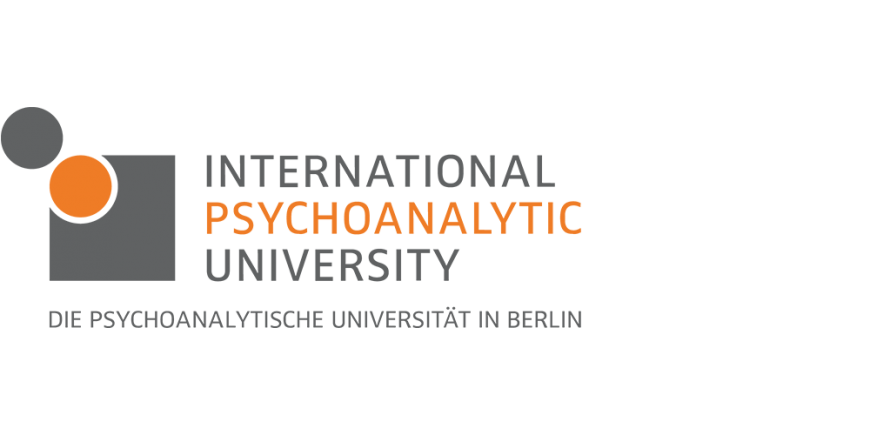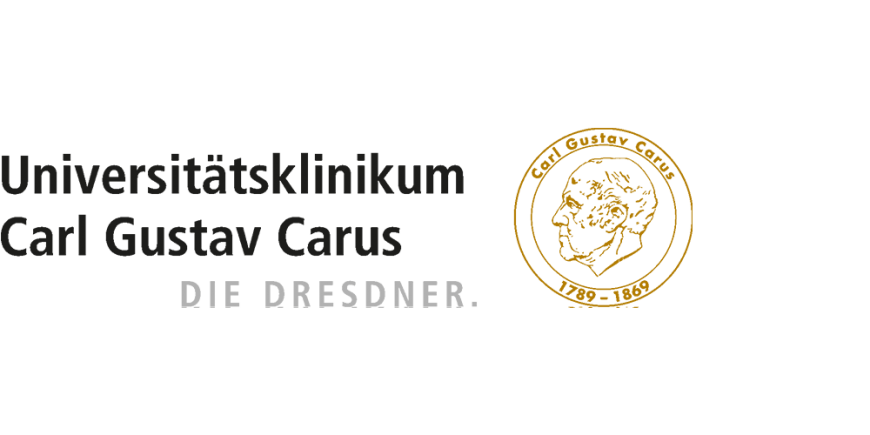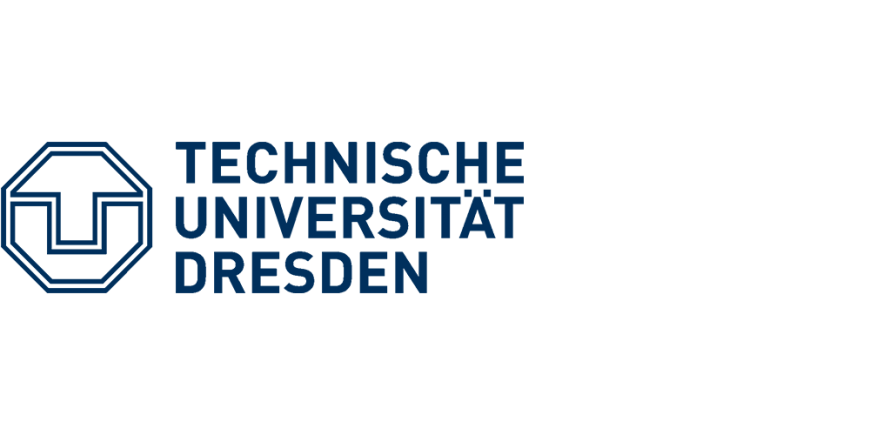
Psychotherapeutic treatment with a focus on traumatic experiences in childhood or adolescence

Project partners












About ENHANCE
ENHANCE is a multicenter and interdisciplinary study funded by the German Federal Ministry of Education and Research. Five universities located in Berlin, Dresden, Gießen, Mainz and Ulm are participating.
Psychotherapeutic treatment with a focus on traumatic experiences in childhood or adolescence
Patients can participate in the ENHANCE study at one of our five sites situated throughout Germany.
Individuals who experienced violence or abuse in childhood or adolescence often continue to have psychological problems in adulthood. A frequently occurring illness known as Post-Traumatic Stress Disorder (PTSD) is a mental disorder that can lead to severe distress and serious problems in many areas of life. It can manifest in a variety of ways, including some or all of the following:
- Intrusive distressing memories or dreams of the traumatic event
- Sleep disturbance (e.g., difficulty falling or staying asleep)
- Hypervigilance or exaggerated startle responses
- Negative beliefs about oneself (e.g., “I am bad”), others or the world
- Irritable behavior and angry outbursts
- Reckless or self-destructive behavior (e.g. alcohol/drug use, self-harm)
PTSD can be successfully treated using modern psychological treatments. It is not always possible to achieve full remission from all symptoms, but in many cases, patients experience a significant improvement. In the ENHANCE study, two modern trauma focused treatments are used. Both treatments have already shown promising results in previous studies. Our aim is to discover whether there are patients who can benefit more from either treatment. Thus, for the future, we hope to be able to offer patients an evidence-based treatment tailored to their individual needs.
How do I benefit from participating?
- Short waiting time
- Treatments specifically developed for PTSD related to childhood maltreatment
- Psychological interviews for a more detailed assessment of traumatic stress, relationship experience and, if necessary, other mental illnesses
- Follow-up measurement of improvement up to one year after treatment
- At most sites you can participate in further studies on biological stress reactions
- At Gießen and Mainz, you may participate in an investigation using neuroimaging of brain activity (fMRI)
Two recent trauma-focused treatments
We offer two trauma-focused treatments, trauma-focused psychodynamic therapy and trauma-focused cognitive behavioral therapy. For a smaller group of patients, there will be a six months waiting-time (waiting list). Patients on the waiting list will be regularly contacted by phone to check their health status. At the end of the waiting period, patients may choose either trauma-focused psychodynamic therapy or trauma-focused cognitive behavioral therapy. Patients will be randomly assigned to either trauma-focused psychodynamic therapy, trauma-focused cognitive behavioral therapy or the waiting list.
Trauma-focused psychodynamic therapy
Trauma-focused psychodynamic therapy focuses on emotion regulation and interpersonal relationships. The therapy is composed of three phases: Firstly, patients learn techniques to stabilize themselves and to mobilize resources. Phase two is about learning techniques to cope with stressful memories. As part of the third phase, patients learn to reintegrate the traumatic event. Reintegration aims at reducing the emotional strength of the traumatic event in order to prevent being overwhelmed in everyday life.
Trauma-focused cognitive behavioral therapy
Trauma-focused cognitive-behavioral therapy supports patients in using a variety of techniques to cope with current stress that is related to the traumatic experience of violence or abuse. The development of new skills helps patients to successfully deal with overwhelming feelings, interpersonal conflicts, and enables individuals to work through traumatic memories in a helpful way.
Can I participate?
You are welcome to participate if
- you are between 18 and 65 years old
- you are suffering from post-traumatic stress disorder caused by a traumatic event in childhood or adolescence
- you are not currently consuming drugs or excessive alcohol
- you do not suffer from psychosis, borderline personality disorder or a medical condition incompatible with psychotherapy
- you are not already receiving a psychotherapeutic treatment
- you are able to reach one of our treatment centers
Are you interested in participating in the ENHANCE study?
Feel free to contact one of our treatment centers. We are happy to answer your questions!